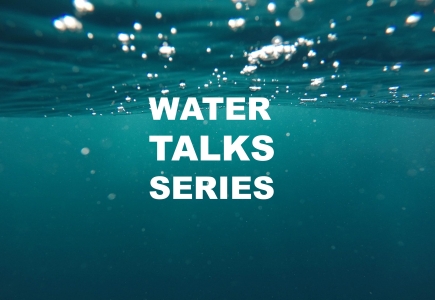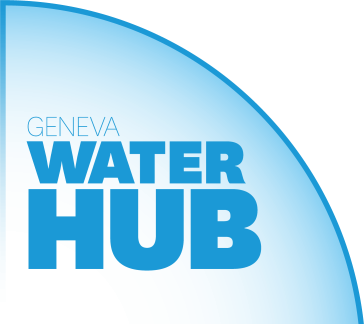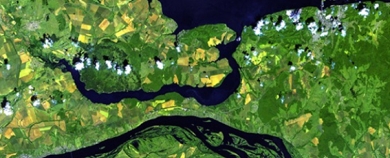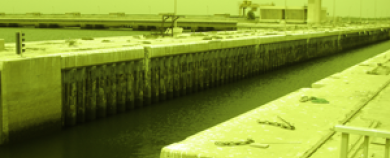
Water Talks Series n°5 - Prof. A. Kibaroglu

Le Geneva Water Hub est fier de vous accueillir pour la 5ème édition des Water Talk Series, le jeudi 25 avril, entre 19h00 et 21h30, bâtiment RTS, Quai Ernest-Ansermet 20, à Genève. Cette série est une opportunité pour les chercheurs d'exposer et d'expliquer leurs idées, leurs positions sur les défis contemporains liés à la gouvernance de l'eau. Les présentations, courtes et percutantes, sont en anglais.
Aysegül Kibaroglu is the Chair of the Department of Political Science and International Relations at MEF University, Istanbul. She acted as a visiting professor at the University of Texas at Austin, LBJ School of Public Affairs in 2016. Her areas of research include Middle East transboundary water politics, international water law, Turkey’s water policy, political geography, and environmental security. Prof. Kibaroglu has published extensively on the politics of water resources with an emphasis on the Euphrates Tigris river basin. She worked as Advisor to the President of the Southeastern Anatolia Project (GAP) from 2001 to 2003. Prof. Kibaroglu is a founding member of the Euphrates-Tigris Initiative for Cooperation (ETIC), a track-two initiative for transboundary water cooperation.
Dam Development Trajectory in the Euphrates-Tigris River Basin: Challenges and Prospects.
Transboundary water relations in the Euphrates-Tigris basin have been marked with political confrontations among the riparian states, namely Turkey, Syria and Iraq, mainly due to uncoordinated construction, filling and operation of large-scale dams. Yet, technical cooperation on dam safety has been a common concern for the three riparians. But, due to the troubles that they had to endure, such as the US invasion of Iraq and the civil war in Syria, trilateral cooperation has not been possible. On bilateral level, however, government officials and water professionals from Turkey and Iraq have been spending efforts for developing projects to build joint dams on the border.
Nevertheless, the Turkey–Iraq track fell short of adopting joint strategies for responding to the actions of violent non-state actors (e.g., ISIS) and could not build a basin-wide understanding for protecting dams against the effects of armed conflict. Thus, while discussions on global principles (i.e., Geneva List of Principles) for protection of water continue, new political trajectory in the basin urges the riparian states to reflect on the possible ways and means of improving protection of dams under international law during and after armed conflicts.




